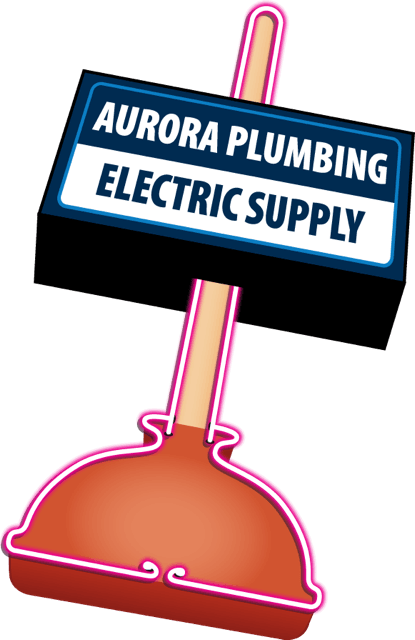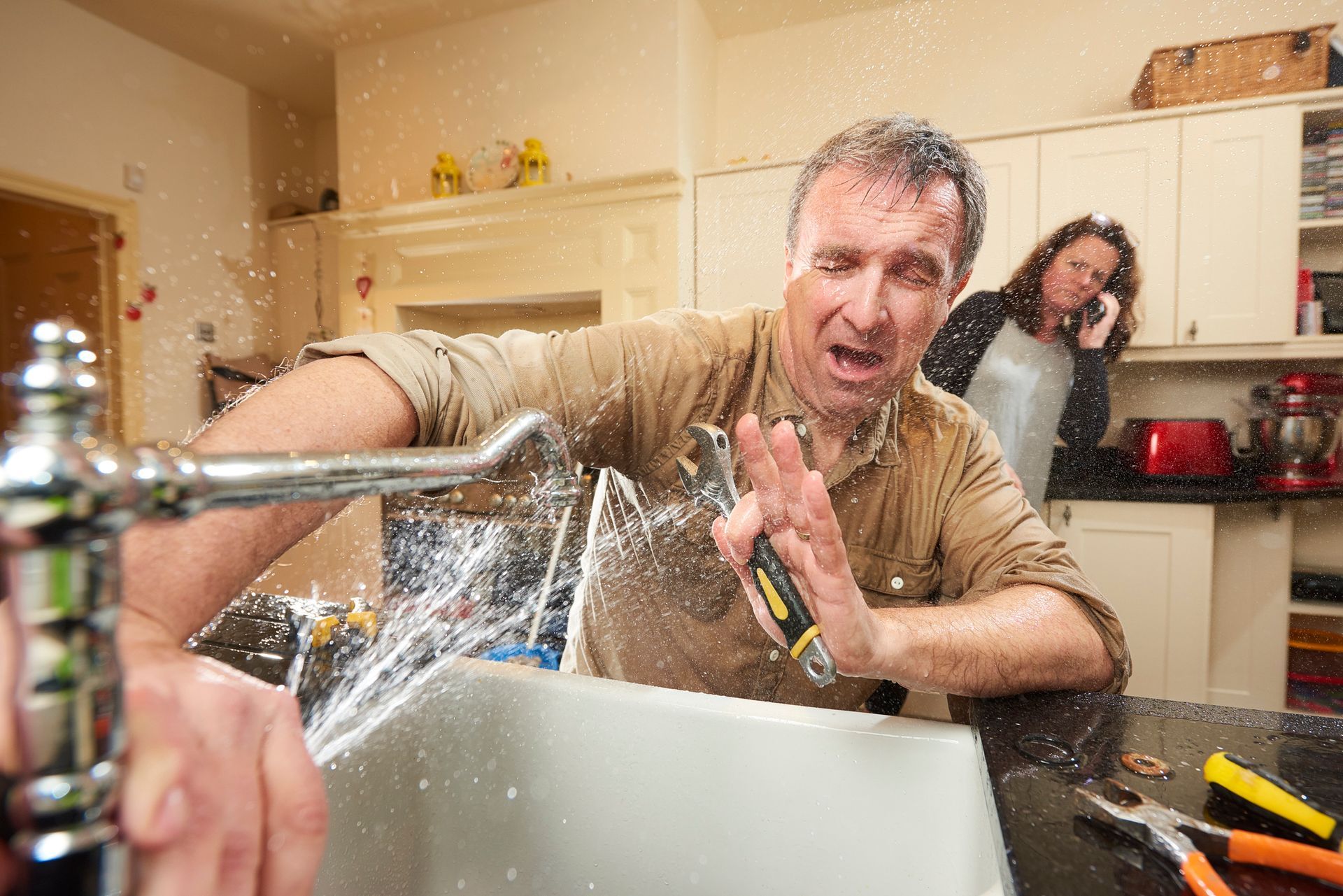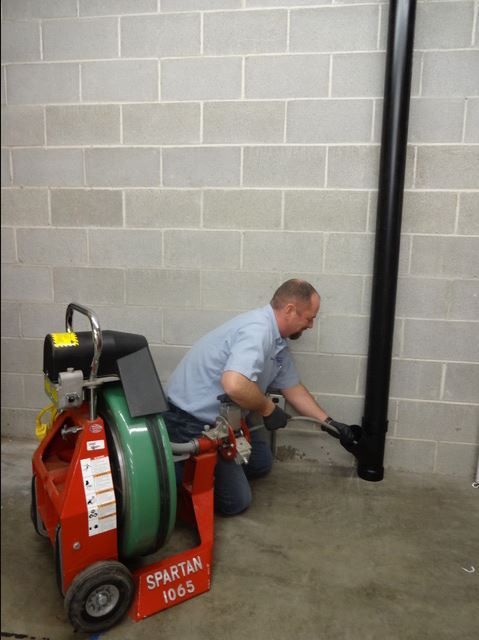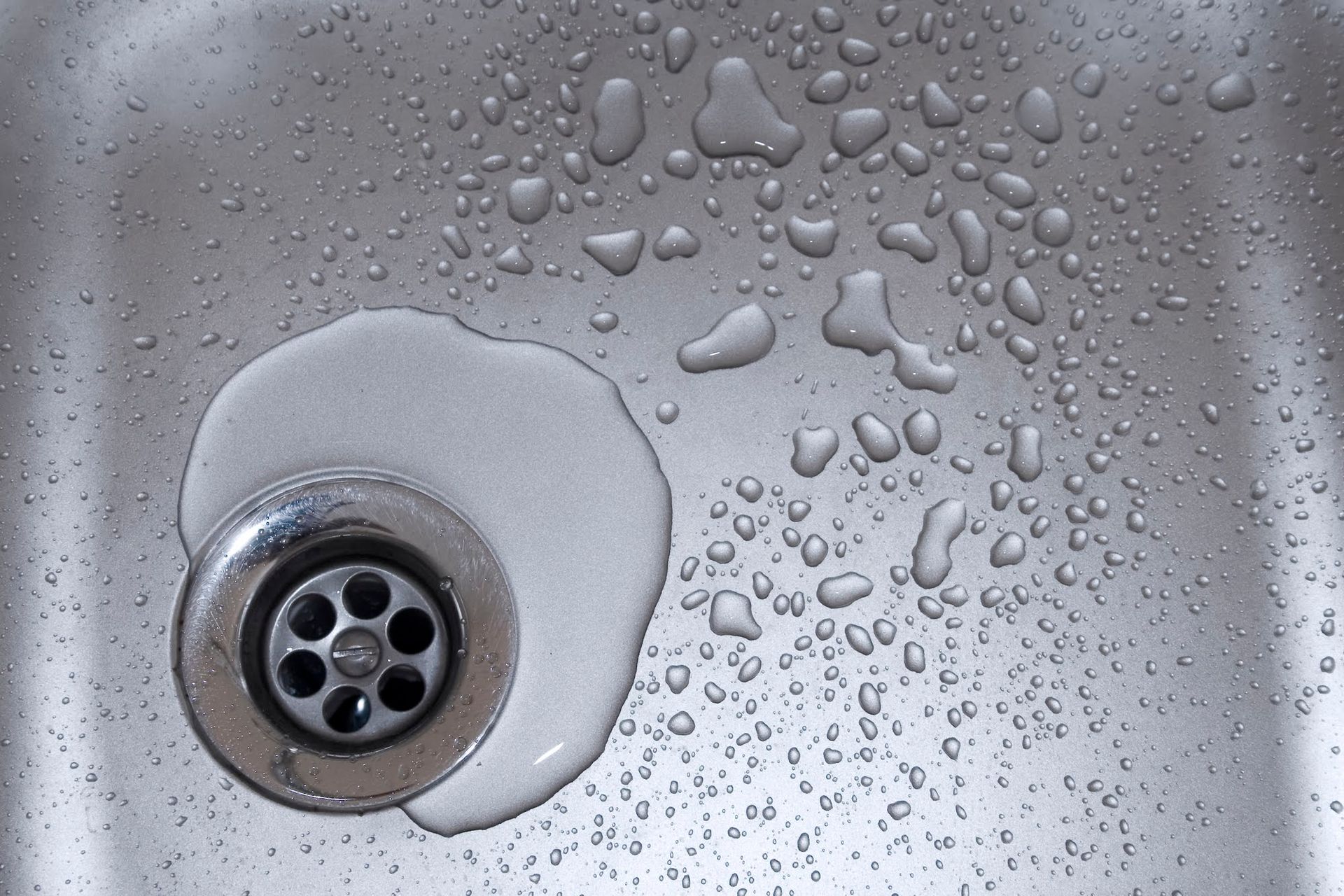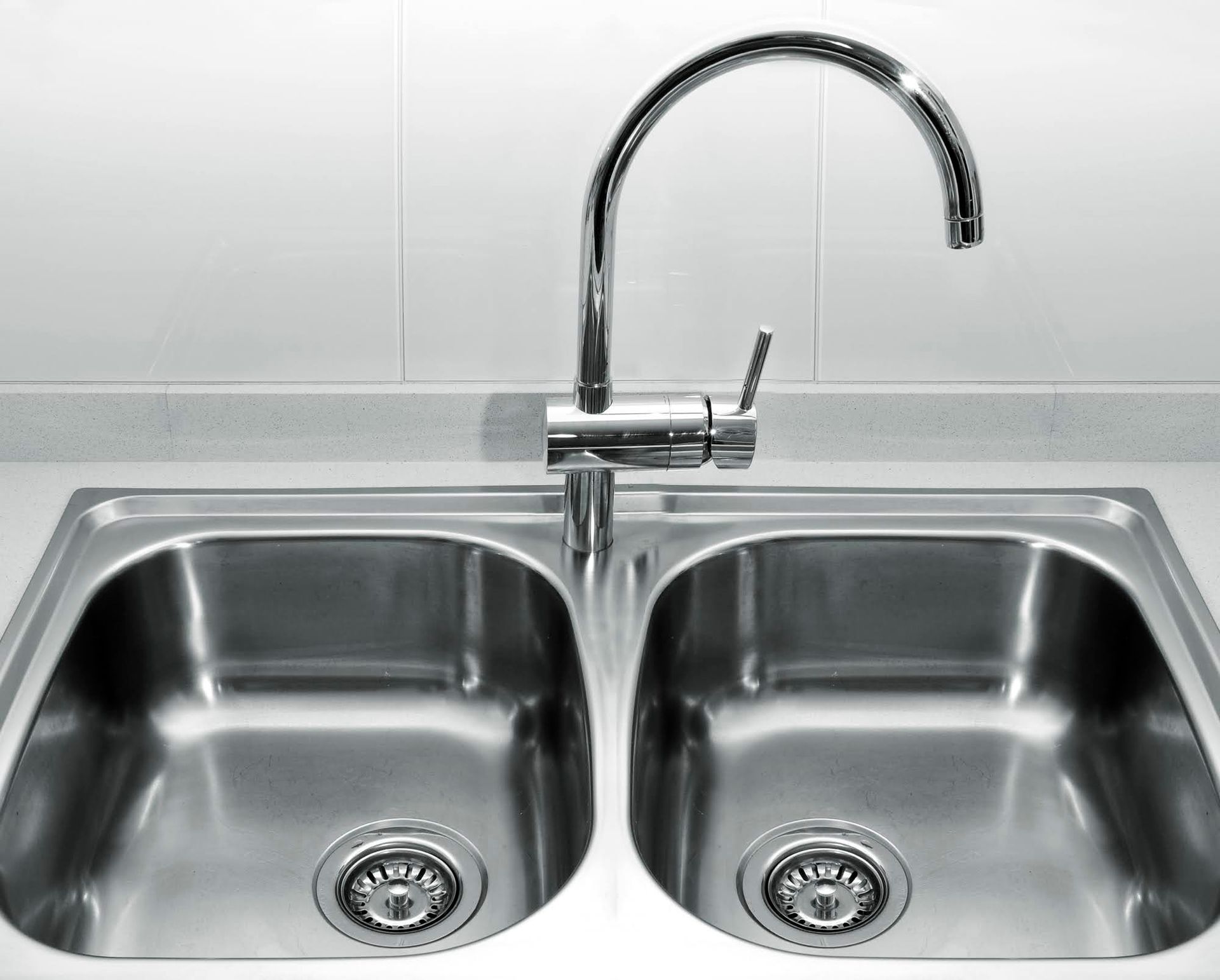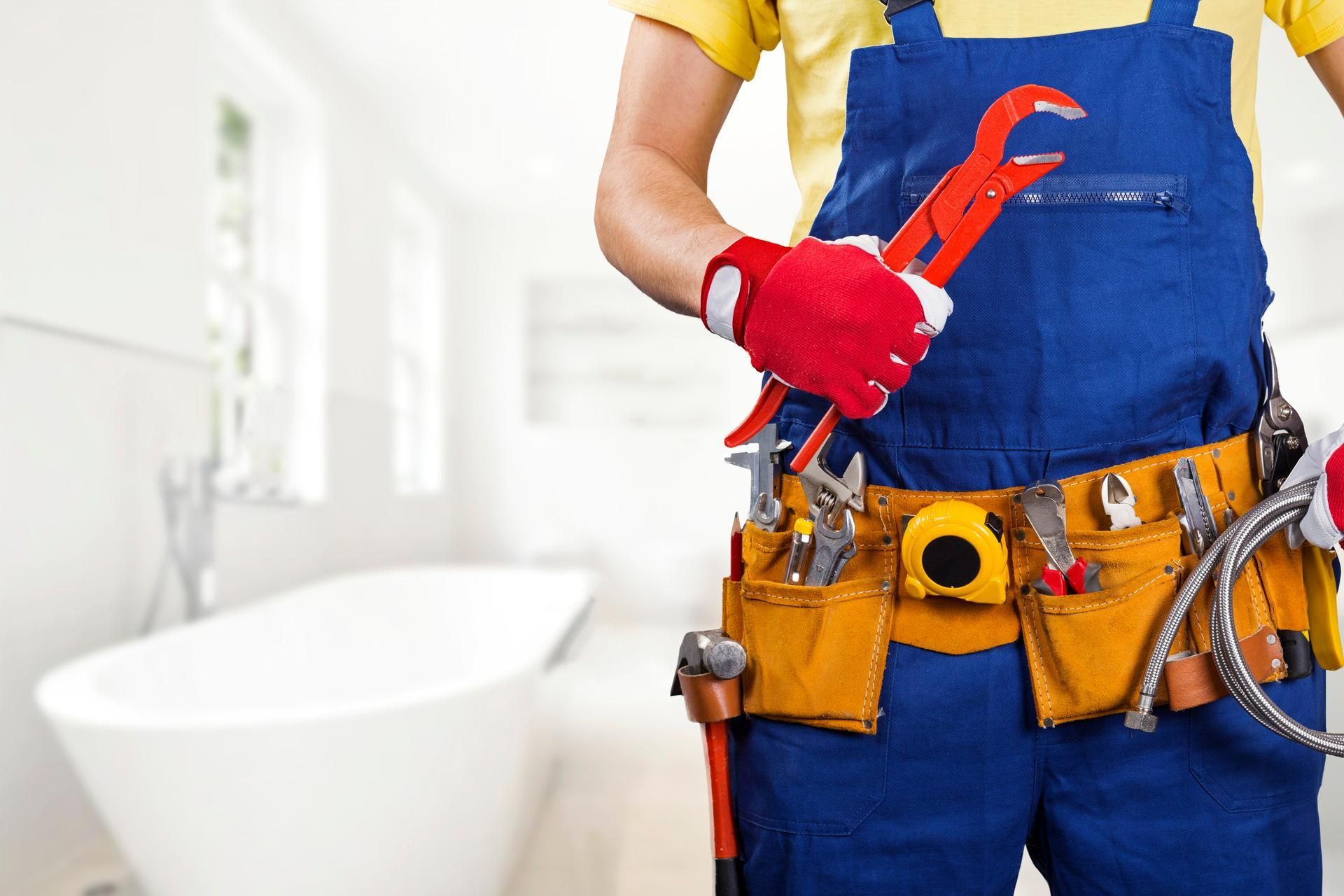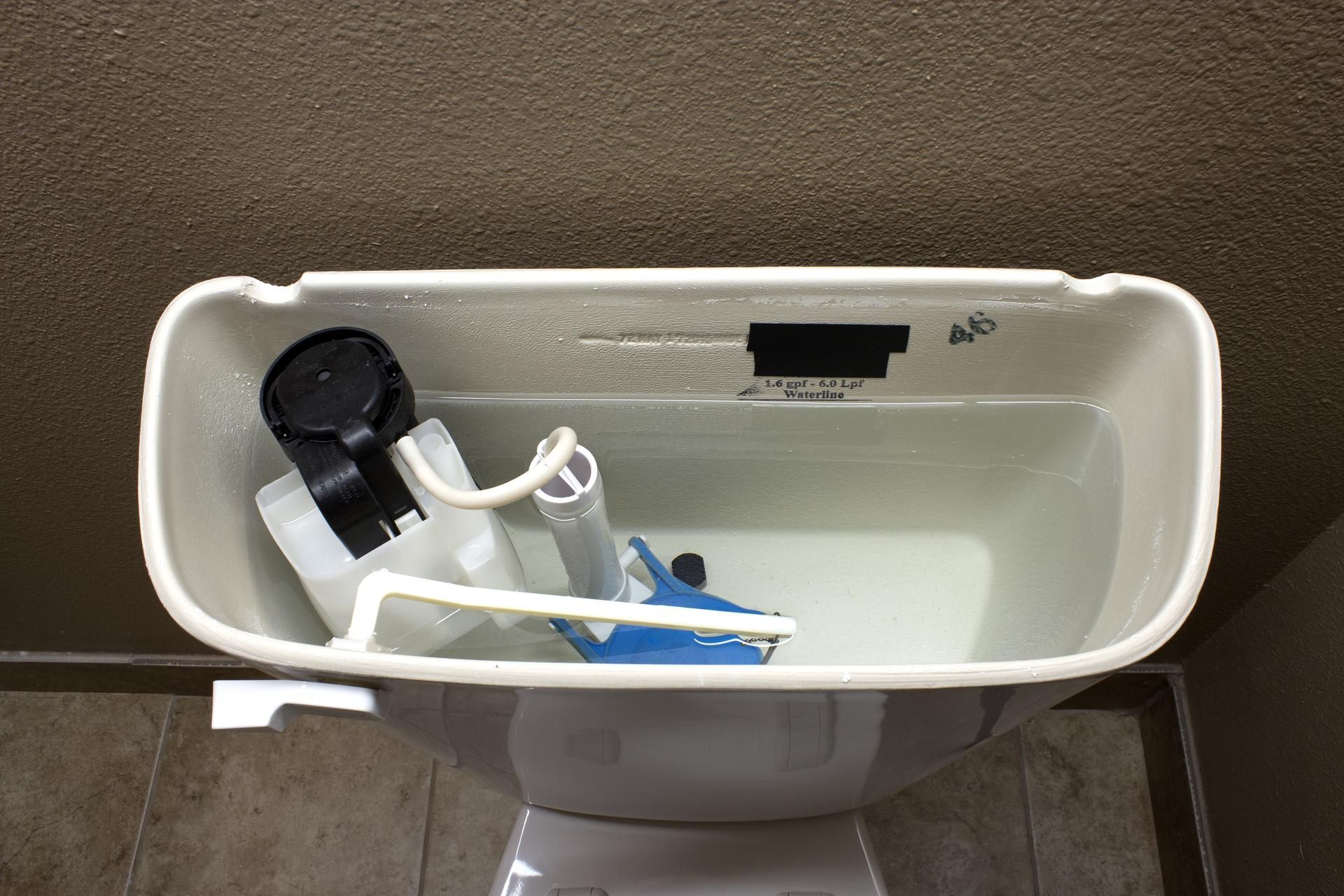5 Causes of Sewer Line Collapse
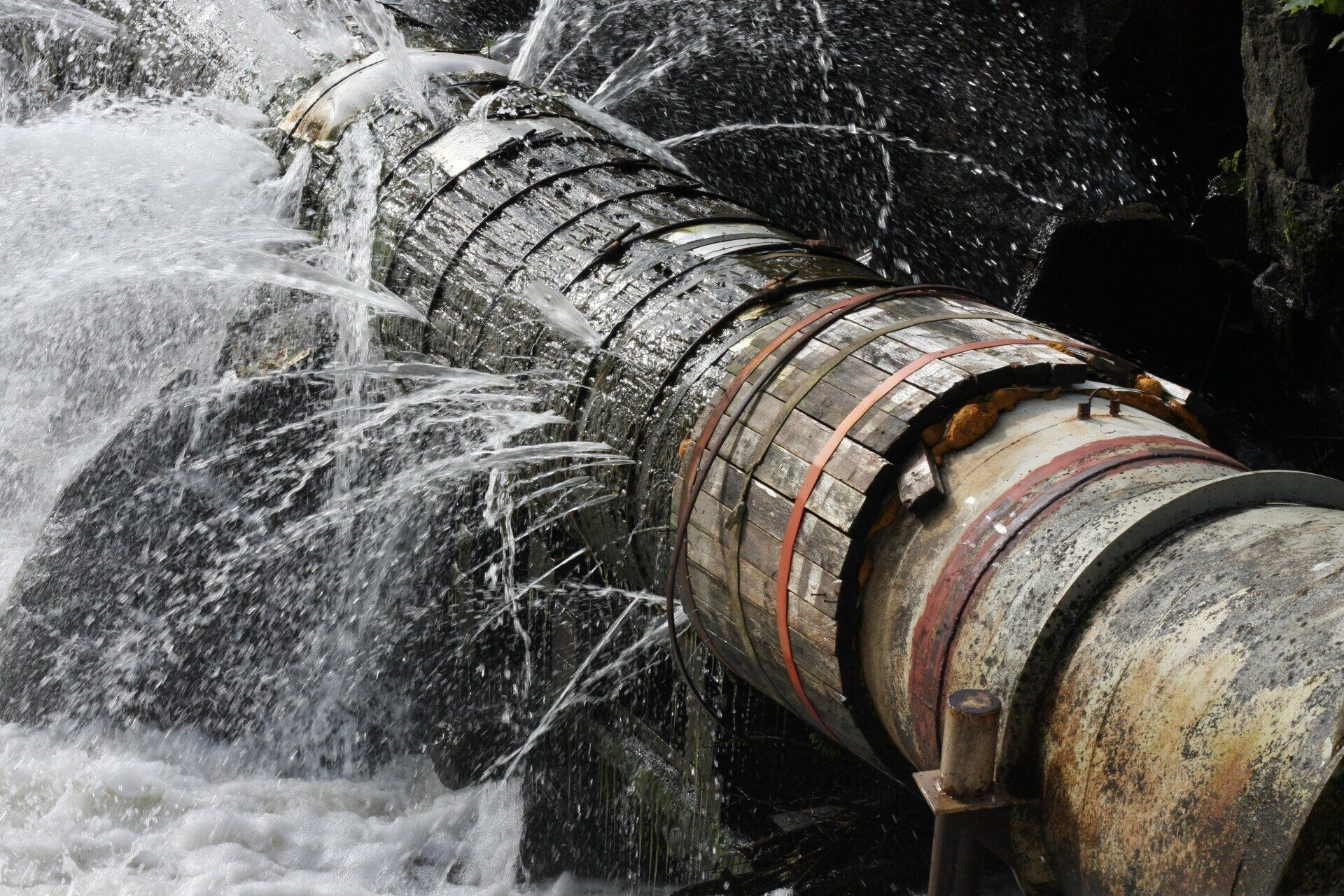
Sewer lines are essential to the proper functioning of your home and property. Sewer lines help carry wastewater from your property to the septic tank or public sewer system. The wastewater is then treated and disposed of.
Sewer lines occasionally collapse and may allow sewage to enter your home. Sewage can cause significant water damage and health risks. Several issues can cause a sewer line to collapse. Understanding the cause of the collapse is vital to prevent damage to your home. Below are five reasons why a sewer line might collapse.
1. Aging Pipes
The leading cause of sewer line collapse is old pipes. The older the sewage pipes are, the more likely they are to have cracks, breaks, and holes that can lead to failure.
Older homes built before 1970 are particularly susceptible. Cast iron and clay piping were the materials of choice for homes built 50 years ago or more. Over time, these materials become brittle, making them susceptible to cracking or collapse. If you live in an older house, you may want to inspect your sewer lines.
2. Tree Roots Incursion
While trees may help increase curb appeal, they can pose a serious threat to your sewer system.
Tree roots grow in any direction beneath the ground in search of water. Trees planted close to your pipes will grow roots into the lines as they search for moisture. Roots can enter a pipe through small cracks in joints or via the drain cleanout. As more roots grow into the pipe, they can clog the line completely and cause it to collapse under pressure from wastewater.
3. Ill-Fitted Pipes
Sewer lines are often composed of many pipe sections joined together at their ends. When the connections aren't adequately secured, the pipes might not be able to withstand normal pressure from your wastewater. In such a scenario, it's typically only a matter of time before a collapse occurs.
Ill-fitted pipes may also have gaps and holes around the joints that allow dirt and debris to enter the pipe. Over time, the debris can build up, creating blockages that eventually lead to a collapse of the sewer line.
4. Corrosion 0f Sewer Lines
Corrosion of sewer lines results from hydrogen sulfide gas emitted from bacteria as it breaks down waste. Hydrogen sulfide gas typically rises to the surface and escapes through your home's plumbing system. However, the gas can also penetrate the walls of older sewer pipes and cause them to deteriorate and collapse.
Water, which also travels through sewer pipes, exacerbates the damage from the gas. Water carries oxygen, which combines with hydrogen sulfide gas to create sulfuric acid, further damaging your lines.
5. Ground Movement
Sewer lines run through the ground in trenches dug to a certain depth. The soil around the pipe may shift during an earthquake or because of erosion, causing the pipe to break or bend. Such an event leads to sewer line collapse.
Ground movement can also result from buildings or retaining walls close to the trench and sewer line. Installation of the structures may cause soil compaction, which puts pressure on the sewer line, leading to line collapse.
Because of the high cleanup costs, keeping sewer lines in good working order should be a priority. The damage from a collapsed sewer line can be extensive if discovered late. A broken sewer line can potentially cause severe damage to your property and negatively impact your family's health.
However, you can't address the dangers of a sewer line collapse without proper evaluation from a professional plumber. If you suspect a sewer line issue in your home, call the experts at Aurora Plumbing and Electrical Supply.

